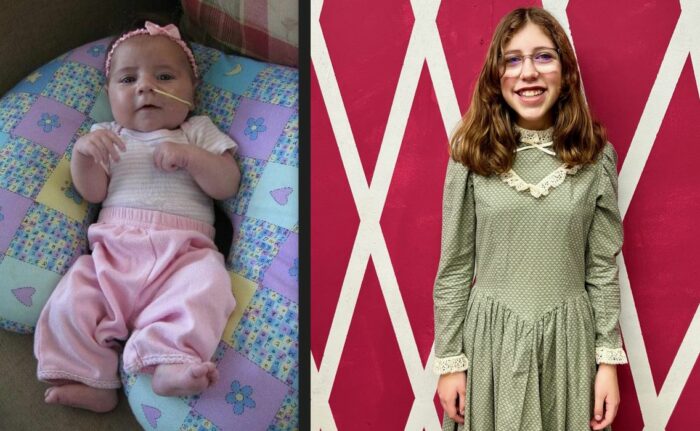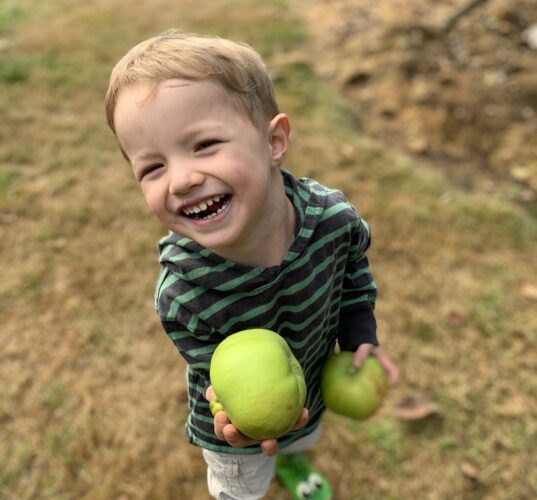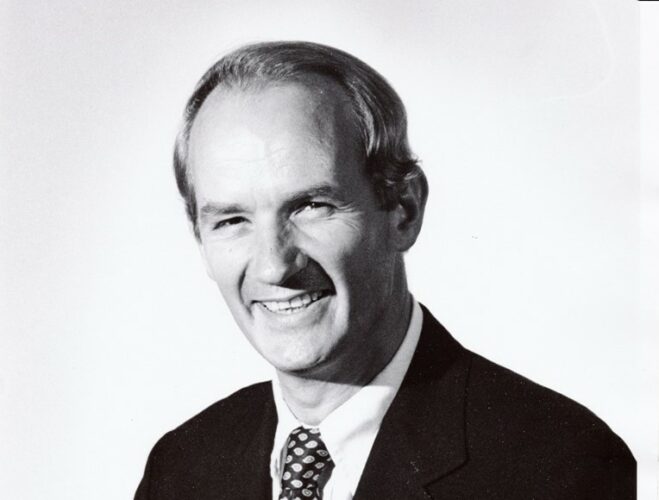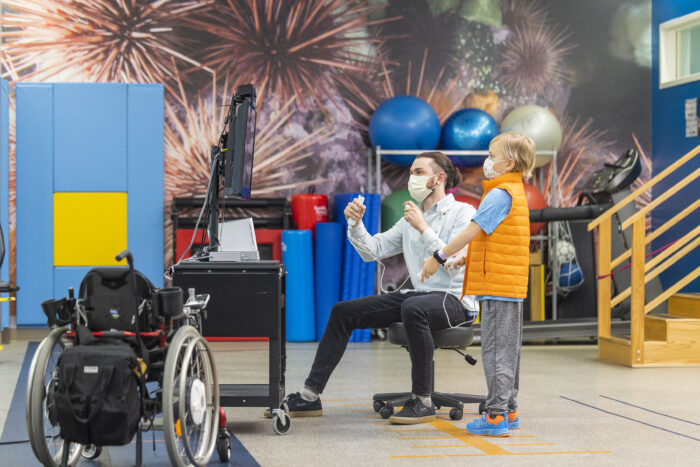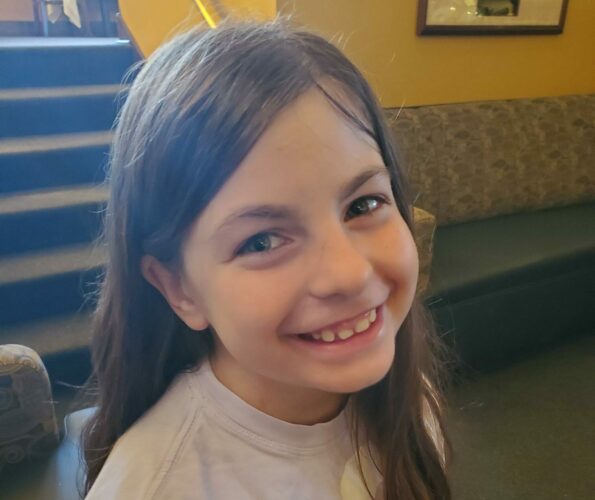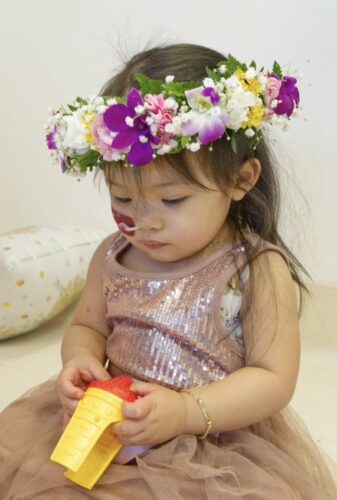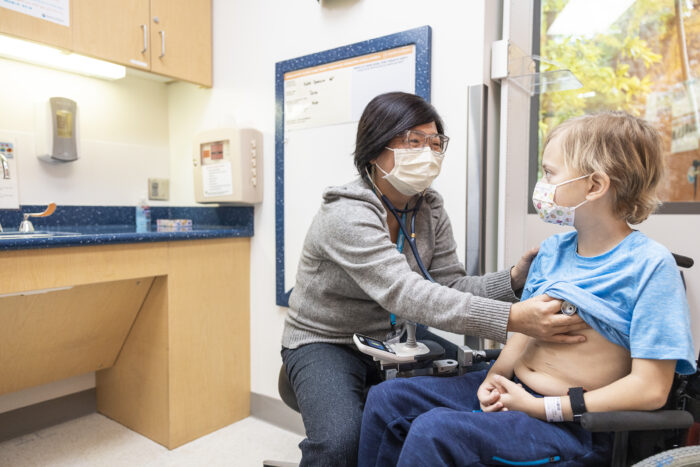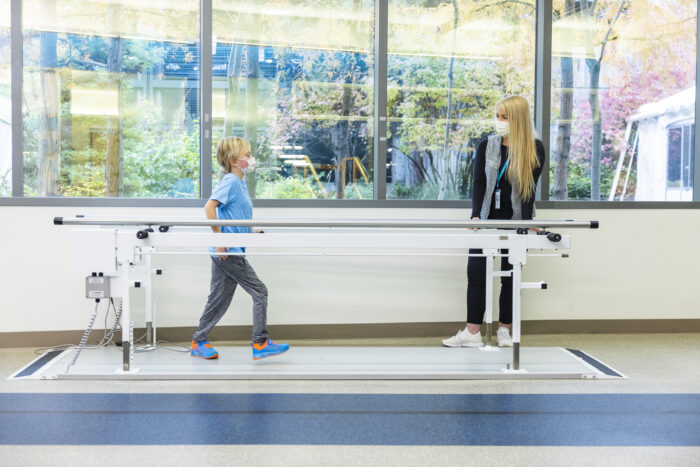In February of 2024, the Seattle Children’s Heart Transplant and Cardiac Surgery teams reached a remarkable milestone moment during American Heart Month by completing 300 heart transplants since the Heart Transplant Program was established in 1994.
Active kids enjoy improved mental wellness and reduce their risk of heart disease. While the days are short and the weather is often cold or dreary, kids still need to be getting physical activity each and every day. February is American Heart Month and On The Pulse asked Dr. Monique Burton, medical director of the […]
Rachael and her husband had saved for years to buy their first home, where they hoped to settle and raise their family. With a two-year-old boy and a baby on the way, they excitedly made an offer on a house in Bellingham and scheduled an appointment to sign the last of the papers. While they […]
In 2019, Samantha and Kyle Hatch received wonderful news: Samantha was pregnant with identical twins. The couple already had two kids, Ben and Penny, and envisioned all of the roughhousing, road trips and happy mayhem that comes with four children. But everything changed when a routine ultrasound showed that one of the twins, William, had […]
In honor of the late Dr. Peter Mansfield, former Seattle Children’s Chief of Surgery, his wife, Jackie Mansfield, has established a fund directly benefitting the Invent at Seattle Children’s Postdoctoral Scholars Program (Invent@SC), which is an investment in training for early career scientists historically underrepresented in or excluded from biotech in the development of therapeutics for childhood […]
Seattle Children’s Therapeutic Gaming Program brings the power of video games, virtual reality and other therapeutic technology to enhance patient experiences and improve outcomes. The program uses a variety of video games, consoles and technologies to help patients cope with the stress and boredom of hospitalization, as well as to provide opportunities for socialization, education […]
When Jen Campbell watches 10-year-old Hannah step on the soccer field, she’s filled with immense pride. “I’m very blessed to have kids who want to play sports because that’s an outlet for them,” she explained. “Not only an outlet physically, but also emotionally and socially.” The busy mom of four not only shuffles practice, tournaments […]
In July 2021, Kaelyn, a seemingly healthy, happy 10-month-old, woke up one morning with a puffy face. Her parents, Christine and Jerome, assumed she was having an allergic reaction. They took her to the nearest hospital in their hometown of Honolulu, Hawaii, where she underwent various tests to determine the cause. In the hospital, Kaelyn’s […]
For American Heart Month, Seattle Children’s providers share their tips for helping kids and teens build strong, healthy hearts. Protect young athletes with pre-sport heart screenings Generally, kids are safe to play sports and exercise without concern for cardiac events, but with all types of sports, it is important to do a physical with family history […]
Like many 10-year-olds, Hudson Lewis loves to play video games, listen to music, swim and hang out with friends and family. But unlike most kids his age, Hudson’s childhood has been filled with challenges no child should have to experience. Hudson was born with a rare form of muscular dystrophy known to affect heart function […]

